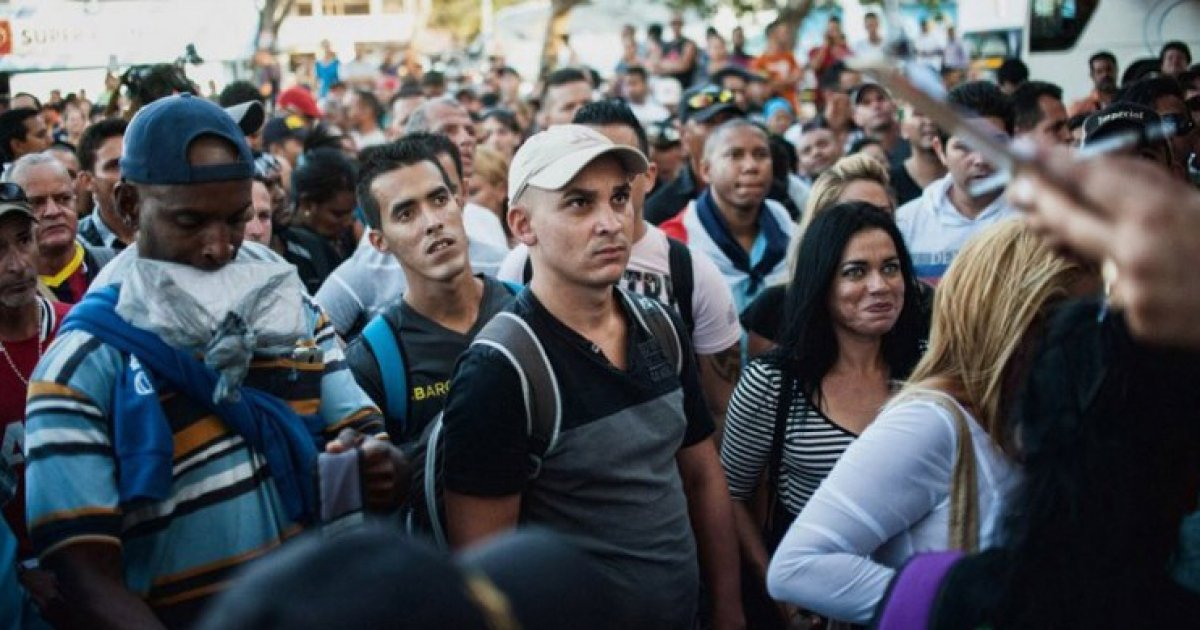The U.S. Board of Immigration Appeals (BIA) has rejected the option of treating Form I-220A as a document through which a person can access legal immigrant residence in the country.
Monday’s ruling fails to recognize the US government’s criteria Thousands of Cuban immigrants have entered through the southern border since the end of 2021 and attempt to regularize their status under the Cuban Adjustment Act.
Cubans must pursue asylum cases through US courts.
However, the legal battle over the recognition of the I220-A may still continue in the Eleventh Circuit Court of Appeals (Alabama, Florida, and Georgia) and, ultimately, the United States Supreme Court. Journalist Mario J. Explained the sources consulted by Benton.
In recent months, an increasing number of Cubans have been issued a Form I-220A, also known as a “parole order,” insisting that they be authorized to enter the United States.
Those who have been in the United States for more than a year and a day cannot apply for their residency through the Cuban Adjustment Act because the law establishes Parole A requirement, not I-220A.
The US government issues I-220A to certain individuals who have been detained by immigration authorities and later released.
Last April, a group of Cubans gathered in front of the famous Versailles restaurant in Miami to demand an end to deportations to Cuba. Regularization of I-220A document holders upon entry into the United States.
“No deportation!”, “Freedom for political prisoners!” with slogans of and “Down with Dictatorship,” Cubans protesting peacefully against the resumption of deportations by the Joe Biden administration.





